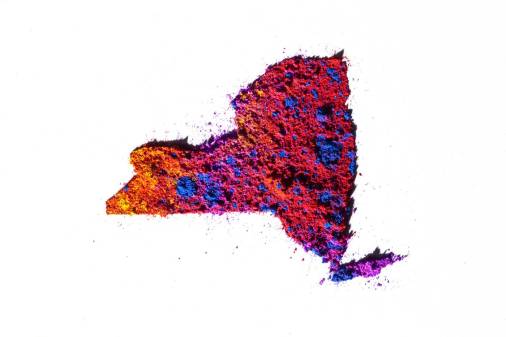Are ‘zero-knowledge proofs’ the future of online age verification?

To comply with a slew of newly minted state age verification laws, a report released Thursday by New America’s Open Technology Institute said policymakers and industry should look to “zero-knowledge proofs” as the future of age verification tech, to preserve privacy for users.
Following the Supreme Court’s decision last month to uphold a Texas law mandating age verification to access to sexual content online, the report suggests that such laws create a create a chilling effect for online activity. The report notes that they also impose considerable personal data-sharing requirements.
The report takes issues with the court’s finding such age verification laws don’t infringe upon First Amendment rights, such as the freedom of speech. The group claims that the court did not consider the potential harms to data privacy and security that OTI and other civil society advocacy groups have pointed out.
The report advocates for zero-knowledge proofs to help maintain privacy and security of sensitive data, such as birth dates, addresses and driver’s license numbers, that is exposed when checking physical IDs. A zero-knowledge proof, the report says, is a secure, digital method that can confirm user age without sharing additional personal identifiers or exact age.
Zero-knowledge proofs, the report claims, will require further development and standardization for large-scale deployment and advised additional research and testing to help boost the technology out of the proof-of-concept phase.
Over the last several years, nearly half of states have passed mandates requiring online businesses to verify the age users accessing adult content or social media. Louisiana became the first, in 2023, to require residents to verify their ages when accessing adult content online, using LA Wallet, the state’s digital ID app.
The report also points to a 2022 analysis by the French Commission on Information Technology and Liberties which found that no currently implemented age verification technology can provide both reliable accuracy and user privacy. The report suggests policymakers and tech industry leaders build a digital ecosystem that can support governance mechanisms needed to ensure that both data privacy and safety are prioritized.
“Many online age verification practices require people to share their personal data, which ultimately endangers that information. The SCOTUS decision ignores the very real risks online age verification poses to individuals’ privacy and security online,” Sarah Forland, a policy analyst at OTI who authored the report, said in a news release. “With the court upholding Texas’ laws, states with similar statutes will likely move forward with requiring age verification for sexually explicit content. In light of these laws, if age verification must be done, exploring privacy-preserving technologies like zero-knowledge proofs can better protect users and their data.”






